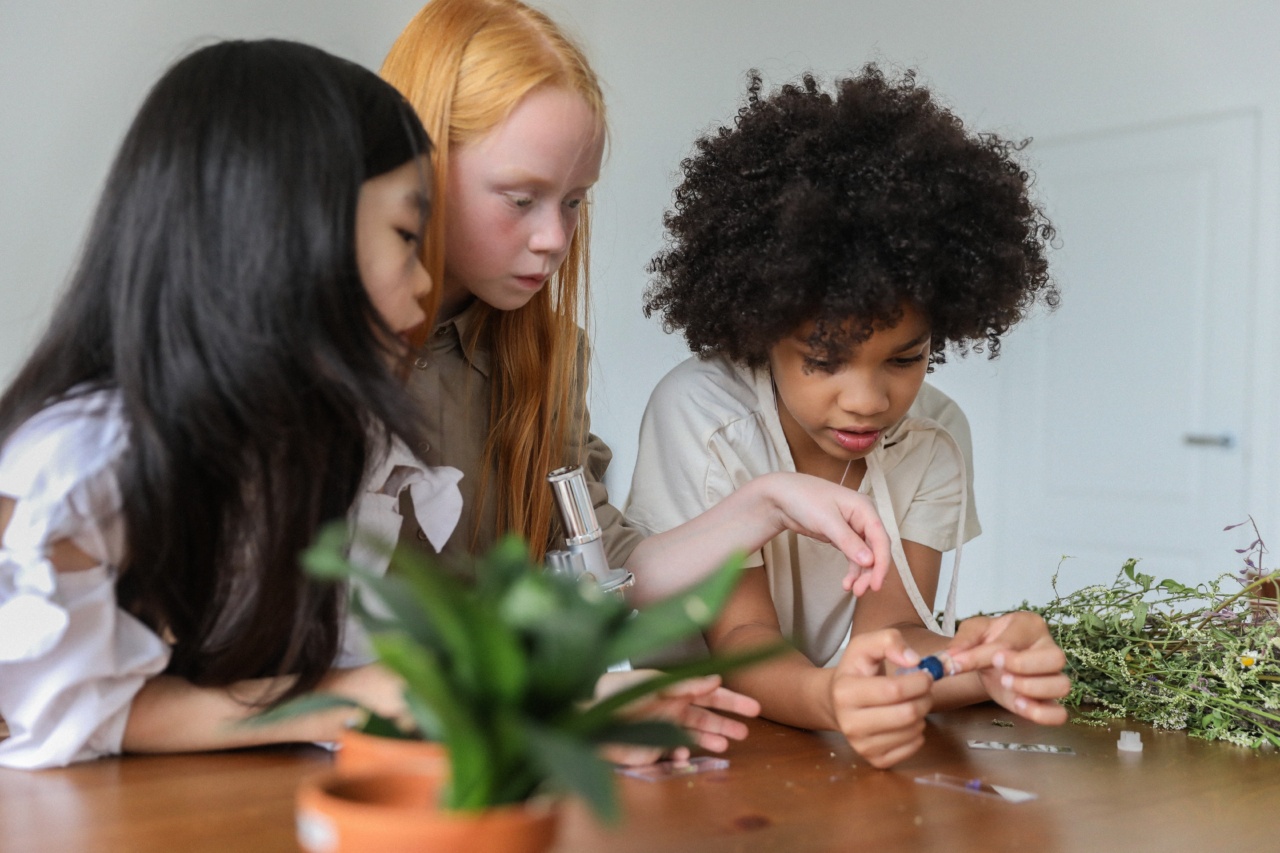As human beings, we crave closeness and connection with others, and intimate relationships offer one of the most significant sources of happiness and fulfillment in our lives.
But what is the secret to a satisfying relationship, and can science shed light on this complex subject?.
Attachment Theory: The Foundation of Relationships
As far back as the early 20th century, scientists have studied how people form and maintain relationships, with John Bowlby, a British psychoanalyst, pioneering Attachment Theory.
According to Bowlby, our early experiences with our primary caregivers shape our ability to relate to others in later life.
If we have positive, consistent, and secure experiences with our attachment figures in our formative years, we are more likely to develop an emotionally stable and secure attachment style in adulthood that helps us form and maintain satisfying relationships more easily.
On the other hand, if we experience inconsistent, negative, or insecure experiences with our caregivers, we may develop a more anxious or avoidant attachment style.
For example, if we felt that our caregivers were inconsistent or unreliable, we may become anxious and unsure in our relationships as adults, worrying about being rejected or abandoned.
Communication: The Key to Great Relationships
Attachment theory established the foundation for our ability to maintain relationships, but what else is essential for a satisfying relationship? Communication is the cornerstone of any great relationship.
People who can communicate effectively not only identify and express their own needs but also can work together to meet the needs of their partner.
What makes for good communication? Here are some best practices:.
- Be an active listener: Listening is not merely hearing what the other person is saying but giving them our full attention and trying to understand their perspective.
- Use “I” statements: When communicating our needs, it’s important to use “I” statements instead of “You” statements. For example, instead of saying, “You always forget to call me,” try saying, “I feel worried when I don’t hear from you for long periods.”
- Show empathy: Showing empathy means recognizing and acknowledging our partner’s feelings, even if we don’t fully understand or agree with them.
- Practice patience: Effective communication takes time, and sometimes we need to wait for the right moment to have important conversations.
The Role of Vulnerability
Vulnerability is another important aspect of a satisfying relationship. Being vulnerable means opening up and sharing our thoughts, feelings, and concerns with our partner, even when we’re scared or unsure of their reaction.
It can be tempting to hide our vulnerabilities to avoid being hurt or rejected, but doing so often leads to feelings of disconnection from our partner.
By sharing our vulnerabilities, we allow our partner to see us for who we truly are and deepen our emotional connection.
The Power of Gratitude in Relationships
Gratitude is the practice of focusing on the positive aspects of our lives and acknowledging and appreciating the people who bring meaning and joy to our lives. Practicing gratitude in a relationship has many benefits, including:.
- Strengthening positive emotions
- Increase feelings of closeness and connection
- Decrease negative emotions, such as jealousy, resentment, or envy
To practice gratitude in a relationship, try expressing appreciation for your partner regularly. This can be through verbal affirmations or small gestures, such as leaving a love note or preparing their favorite meal.
Maintaining Autonomy in Relationships
While it’s essential to maintain emotional connection and intimacy in a relationship, it’s also equally important to maintain our individuality and autonomy.
Healthy relationships are those where each partner is free to pursue their goals, hobbies, and interests separate from their partner without feeling controlled or pressured.
Not only does this help prevent feelings of resentment and boredom, but it also allows each partner to bring their unique passions and perspectives into the relationship, creating a more enriching and dynamic dynamic connection.
Respect and Trust: The Essential Ingredients
Last but not least, respect and trust are the essential ingredients in a satisfying and healthy relationship. Respect means valuing and acknowledging our partner’s thoughts, feelings, and boundaries.
Trust means believing in our partner’s honesty, integrity, and reliability.
Without these two essential components, a relationship becomes a breeding ground for jealousy, resentment, and emotional dissatisfaction.
Conclusion
Overall, a satisfying relationship requires effort, communication, vulnerability, patience, autonomy, gratitude, respect, and trust.
By familiarizing ourselves with the latest research on what makes for a satisfying relationship, we can work towards building stronger, more intimate connections with our loved ones.





























